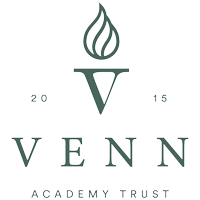
We know our pupils.
The right curriculum for each pupil to achieve great things.
Careers
Gatsby Benchmark

The eight Gatsby Benchmarks are the framework for good career guidance developed to support schools in providing students with the best possible careers education, information, advice, and guidance which we are implementing at Milton School.
Every school and college should have an embedded programme of career education and guidance that is known and understood by pupils, parents, teachers and employers.
The careers programme should be published on the school’s website in a way that enables pupils, parents, teachers and employers to access and understand it.
The programme should be regularly evaluated with feedback as part of the evaluation programme.
By the age of 14, pupils should have accessed and used information about career paths and the labour market to inform their own decisions on study options.
Parents should be encouraged to access and use the information about labour markets and future study options to inform their support to their children.
A school’s career programme should actively seek to challenge stereotypical thinking and raise aspirations Schools should keep systematic records of the individual advice given to each pupil and subsequent agreed decisions.
All pupils should have access to these records to support their career development. Schools should collect and maintain accurate data for each pupil on their education, training or employment destinations for at least 3 years after they leave the school.
All teachers should link curriculum learning with careers.
For example, STEM subject teachers should highlight the relevance of STEM subjects for a wide range of future career paths.
Every pupil should have multiple opportunities to learn from employers about work, employment and the skills that are valued in the workplace.
This can be through a range of enrichment activities including visiting speakers, mentoring and enterprise schemes.
Every pupil should have first-hand experiences of the workplace through work visits, work shadowing and/or work experience to help their exploration of career opportunities, and expand their networks.
There should be at least one experience by the age of 16 and a subsequent one by the age of 18.
By the age of 16, every pupil should have had a meaningful encounter with providers of the full range of learning opportunities, including 6th forms, colleges, universities and apprenticeship providers.
This should include the opportunity to meet both staff and pupils. By the age of 18 all pupils who are considering applying for university should have had at least 2 visits to universities to meet staff and pupils.
Every pupil should have opportunities for guidance interviews with a careers adviser, who could be internal (a member of school staff) or external, provided they are trained to an appropriate level.
These should be available whenever significant study or career choices are being made. They should be expected for all pupils but should be timed to meet their individual needs.

“My favourite thing is seeing my teachers everyday.“

“I like the teachers, and the leaders are open to student ideas.“

“I think Milton is good and I like maths!“

“Great school – staff are brilliant.“



